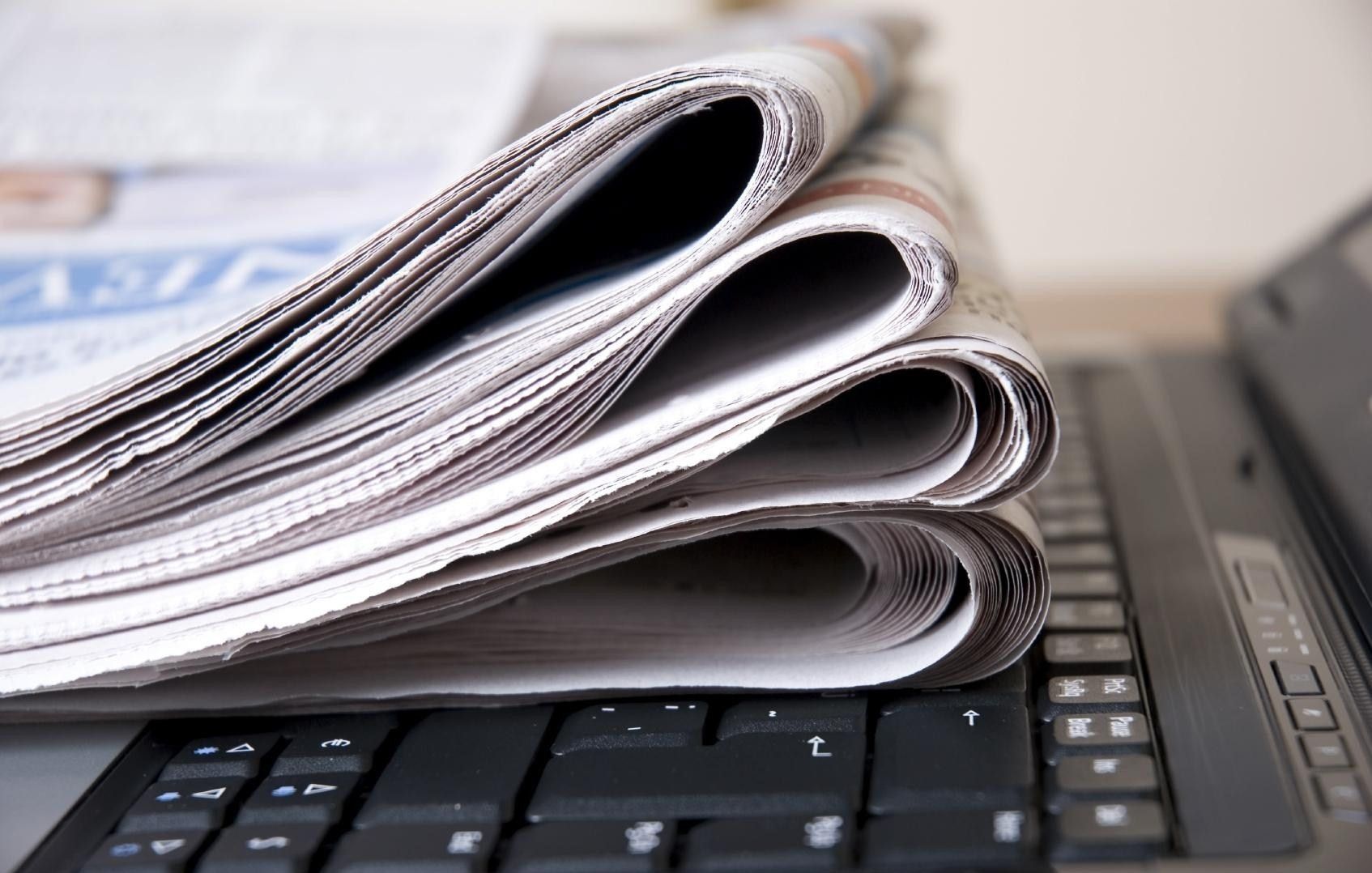
Week's balance: International financial assistance to Ukraine, slowdown in inflation, and key rate reduction by National Bank
Ukraine has received financial assistance from international partners, inflation has slowed down, while the National Bank has lowered its key rate to a historic low – these are the main economic developments of the past week.
Last week, Ukraine finally received long-awaited financial assistance from two international partners – the International Monetary Fund and the European Union. On the night of June 10, it became known that the IMF Executive Board had approved the 18-month stand-by arrangement worth 3.6 billion SDR (about $5 billion), which is aimed at helping Ukraine tackle the consequences of the COVID-19 pandemic.
"The new program aims to help Ukraine to cope with COVID-19 pandemic challenges by providing balance of payments and budget support, while safeguarding achievements to date and advancing a small set of key structural reforms, to ensure that Ukraine is well-poised to return to growth when the crisis ends," the IMF said in a statement.
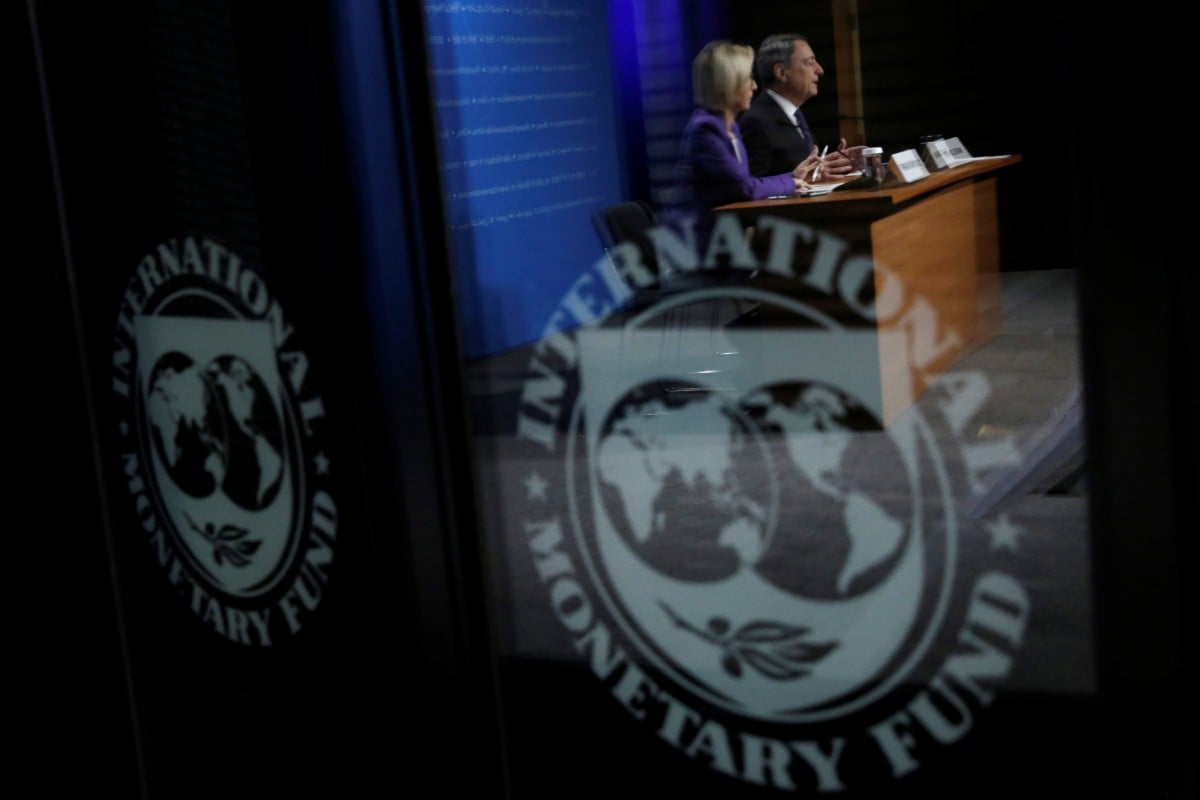
Ukraine received the first tranche worth $2.1 billion on Friday. President Volodymyr Zelensky said that this amount was $200 million more than initially planned, noting that in difficult times, the IMF is proving its reliability as a partner. According to him, funds received from the IMF and other partners will be allocated for maintaining the balance of payments and supporting the budget of Ukraine amid the ongoing crisis.
Immediately after the International Monetary Fund approved the decision on further cooperation with Ukraine, the European Union allocated Ukraine EUR 500 million of macro-financial assistance. These funds are the second tranche of the fourth macro-financial assistance program for Ukraine in the amount of EUR 1 billion, which was approved by the European Union two years ago. The money came in the form of a loan at the annual rate of 0.125 percent maturing on June 10, 2035. The money will be aimed at financing state budget expenditures, which will contribute to reducing external financial pressure on Ukraine and improving the state balance of payments.
Slowing inflation
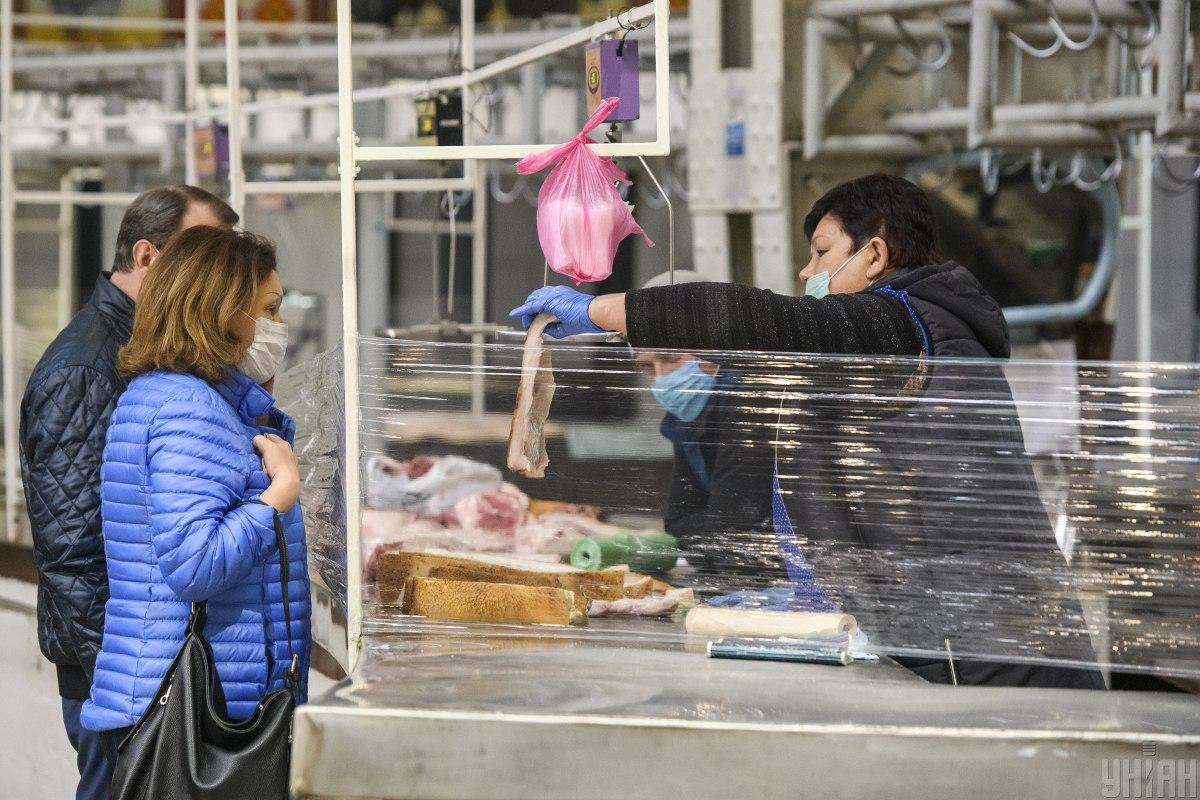
The State Statistics Service this week released inflation data, showing that Consumer Price Index in May slowed to 1.7% on year, from 2.1% in April.
In May 2020, prices of fruit grew most (34.8% y-o-y), while prices of alcohol and tobacco increased by 11.6%. Tariffs on the water supply rose by 25.1% and those on sewage by 21.4%. Education services also became more expensive (13.5%).
The steepest price decline in May 2020 was recorded in the fuel and energy sector – prices of natural gas plunged by 53.5% and those of fuel and lubricants slid by 28.2%. Prices of vegetables decreased by 21.3%. Tariffs on hot water and heating dropped by 13.2%. Prices of footwear declined by 4.8%.
As noted by the National Bank, inflationary pressures remained weak primarily because of the perceptible drop in consumer demand for non-essential goods.
"Also, inflation was restrained by cheaper energy, continued favorable situation on the foreign exchange market, increased supply of vegetables, and the 'freezing' of prices for a significant number of services. Inflationary pressures remain weak, in particular due to suppressed demand and low energy prices. As a result, consumer inflation is below the target range of 5 percent ± 1 percentage point," the NBU said.
At the same time, due to quarantine, there is still shortage of supplies of certain types of goods and services, so it is likely that, after the restrictive measures are relaxed, prices for such goods and services will be adjusted. There is also a risk of rising prices for raw products due to adverse weather conditions in May and a reduction in livestock output.
Key rate and NBU outlook
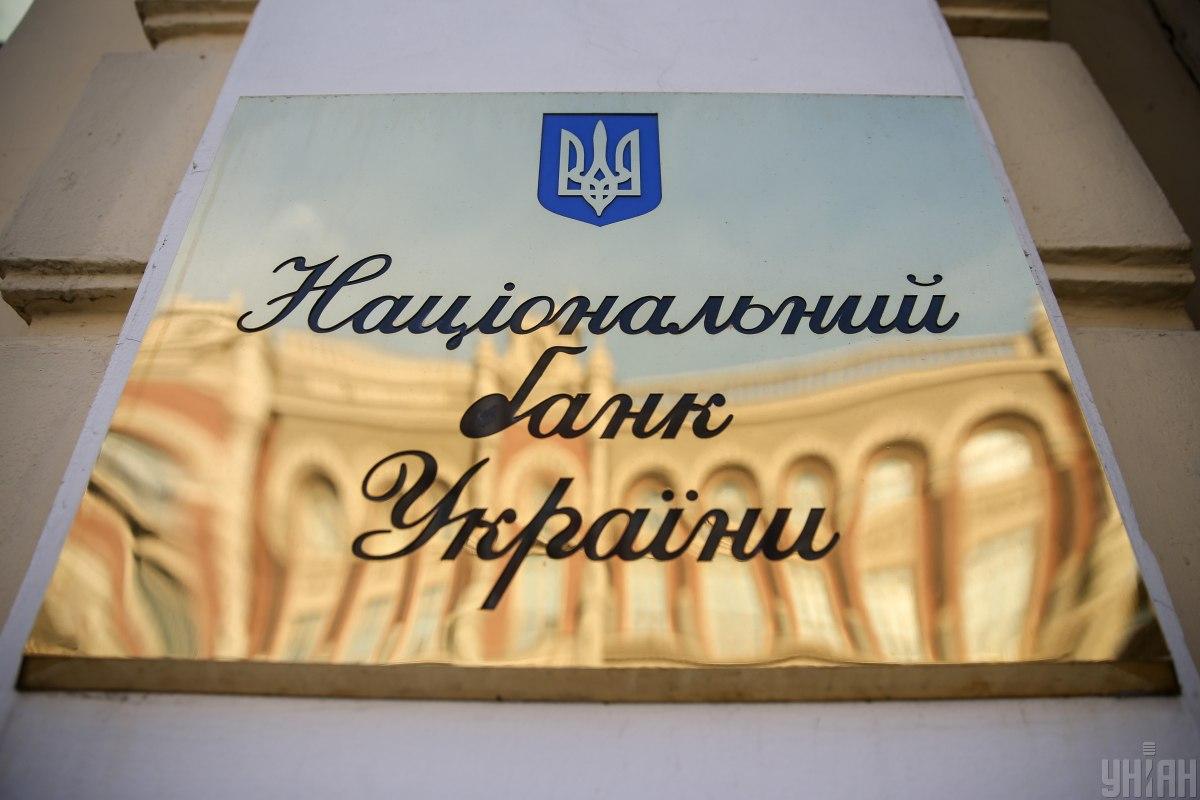
On Thursday, June 11, a briefing of the National Bank on monetary policy took place, where NBU Governor Yakiv Smolii announced the continuation of the cycle of monetary policy easing and lowering the key rate by two percentage point – down to a historic low of 6%.
According to the NBU, consumer and investment demand is likely to remain depressed for longer than projected in April. On the one hand, this will keep inflation below target for longer than the April forecast suggests. On the other hand, this means that the drop of the Ukrainian economy may be deeper than expected. According to the head of the National Bank, such developments require further easing of monetary policy in order to maintain the economy at the stage of phasing out quarantine.
"The easing of monetary policy and other anti-crisis measures of the National Bank introduced in recent months will support business activity in the country. According to our estimates, the fall of the Ukrainian economy in the second quarter will be greater than expected, although we have already passed the peak of the crisis. Therefore, decisive steps are necessary for the speedy return of the economy to growth," Smolii said.
The head of the NBU noted that in conditions of a high level of uncertainty, NBU's further monetary policy will depend on the depth of the fall in consumer demand, which eases inflationary pressures, and on the other hand, on the pace of recovery of business activity amid softening quarantine, which will accelerate price increases.
Government report
On Thursday, Prime Minister Denys Shmyhal reported on the results of the first 100 days of his government's work, including in the context of the coronavirus pandemic.
The prime minister called the timely introduction of quarantine one of the main achievements: "Quarantine introduced on time is what our government managed to do. And this probably saved thousands of Ukrainians, allowed us to prepare the health care system for the challenges we'll face in the future," said Shmyhal.
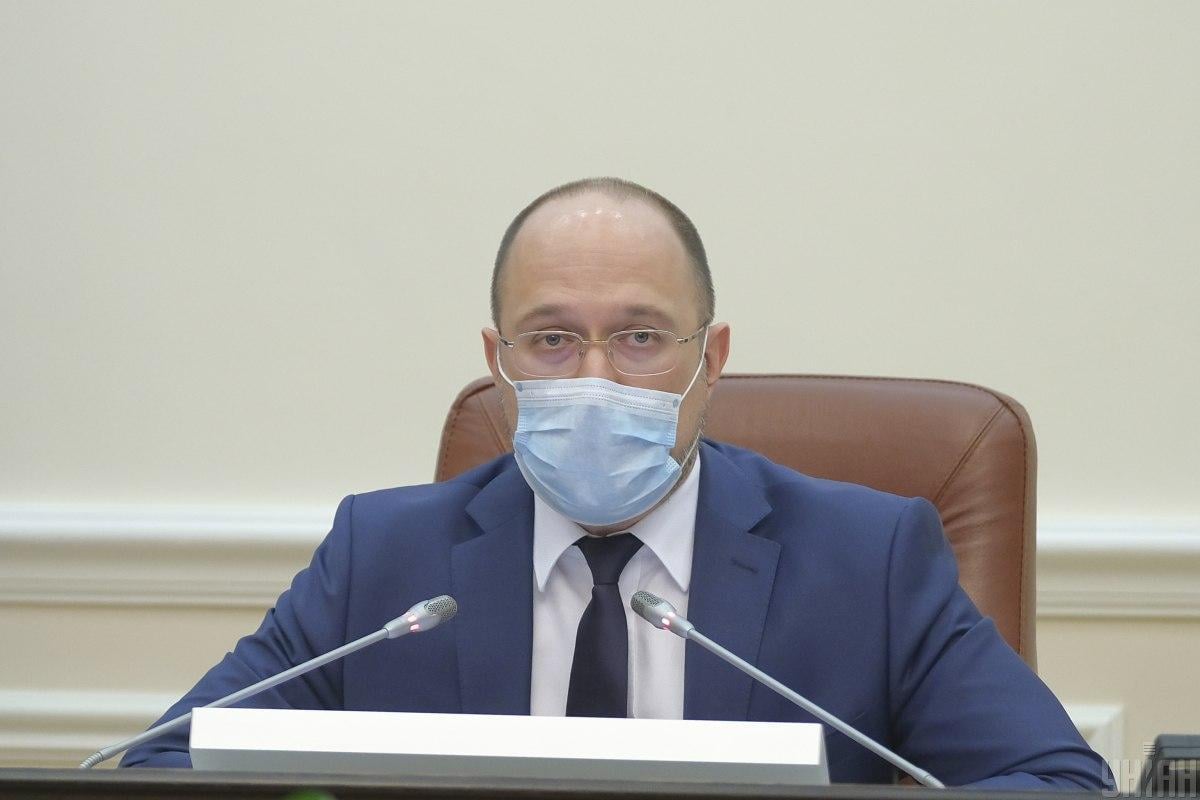
He noted that in the near future the government has no plans to change the quarantine management system in Ukraine. Moreover, if in a critical number of regions an increase in daily incidence is being observed, which could lead to relaunching tighter quarantine measures.
Also, the prime minister said the Cabinet of Ministers did not intend to review the parameters of the 2020 budget and neither do they plan to do sequestration in the next two quarters.
No budget sequestration is being planned since the changes to the budget adopted in March redistributed budget items. Most of the funds were redistributed from capital expenditures and transferred to the Coronavirus Fund and to fulfilling social obligations. That is, it can be said that sequestration has already been done for some items. Therefore, today we are not talking in the next two quarters about revising the budget or about its sequestration," said Shmyhal.
This week will see active work of people's deputies at Parliament's plenary sessions. The Rada is set to consider the revised government program, which the Cabinet approved during an extraordinary meeting on Friday. Meanwhile, the State Statistics Service will provide preliminary data on Ukraine's GDP for the first quarter of 2020.
Kateryna Zhyriy

